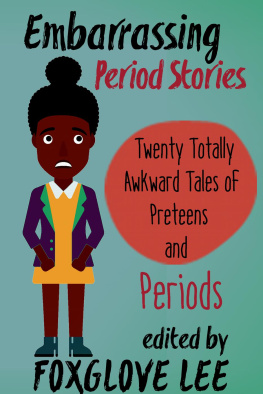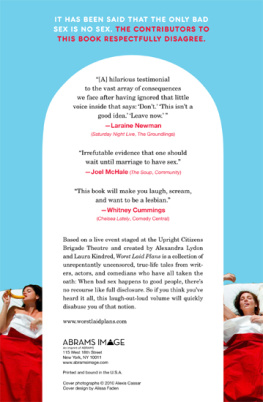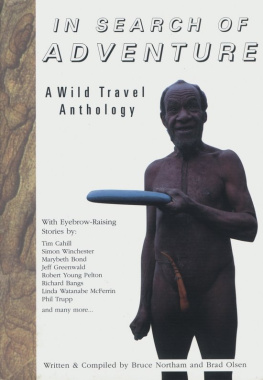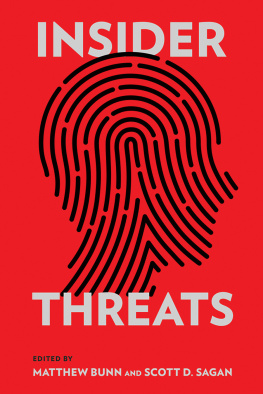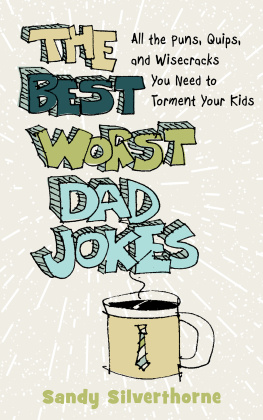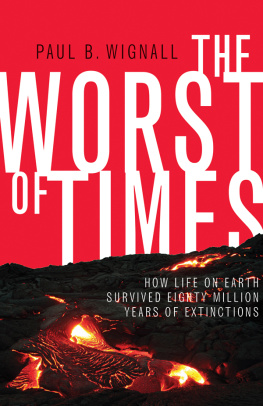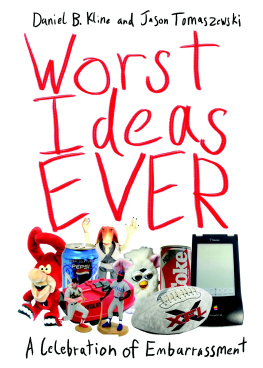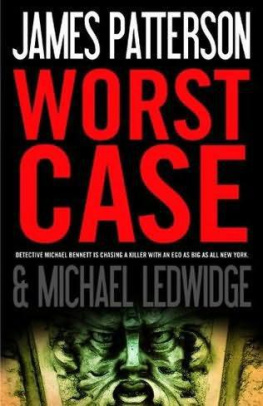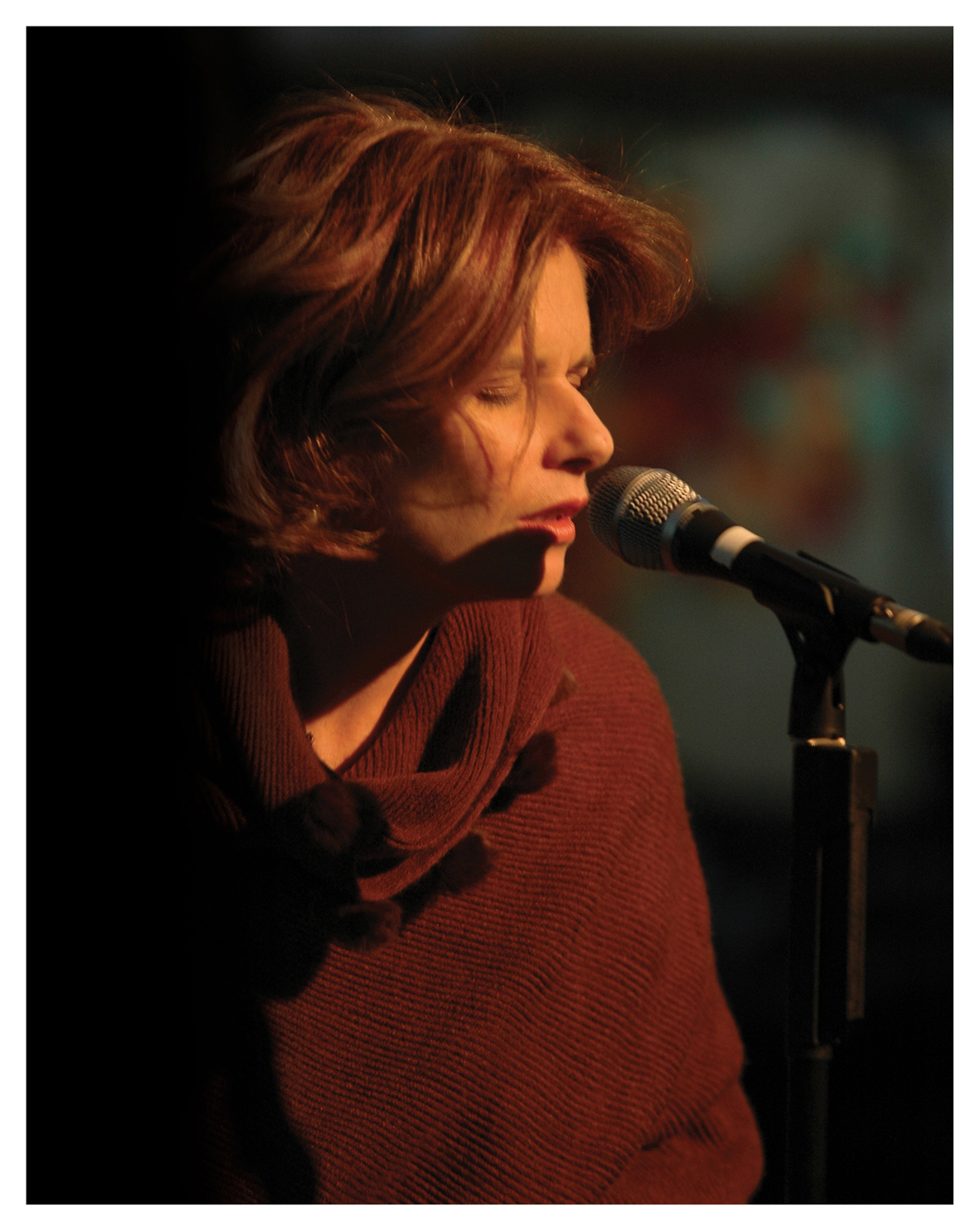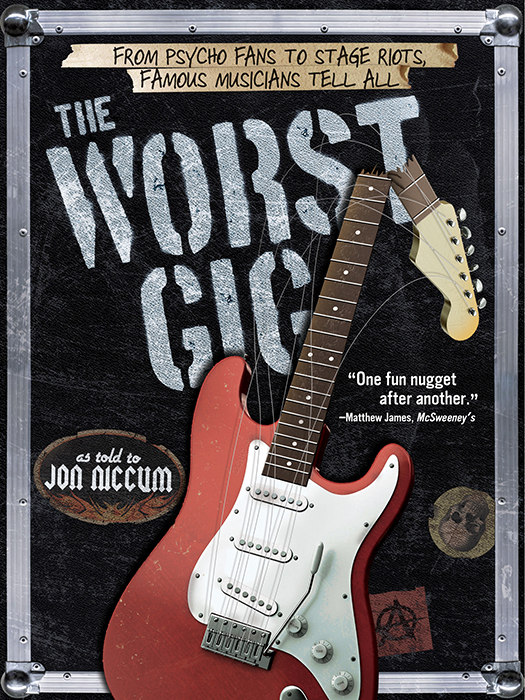
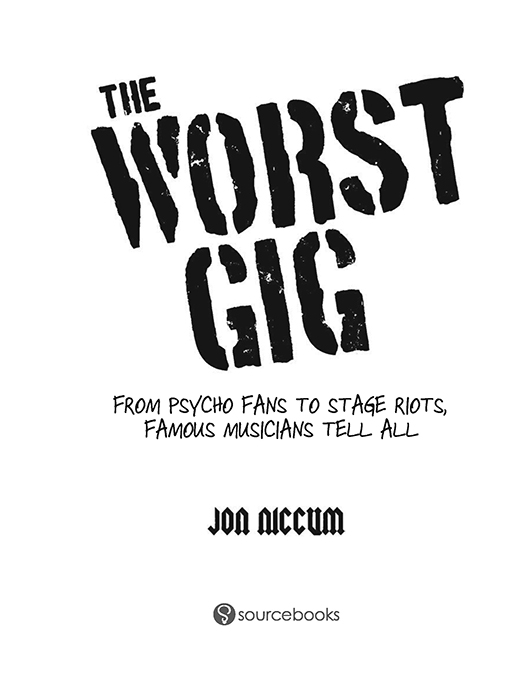
Copyright 2013 by Jon Niccum
Cover and internal design 2013 by Sourcebooks, Inc.
Cover design by Will Riley/Sourcebooks, Inc.
Cover illustration by Brent Cardillo
Sourcebooks and the colophon are registered trademarks of Sourcebooks, Inc.
All rights reserved. No part of this book may be reproduced in any form or by any electronic or mechanical means including information storage and retrieval systemsexcept in the case of brief quotations embodied in critical articles or reviewswithout permission in writing from its publisher, Sourcebooks, Inc.
This publication is designed to provide accurate and authoritative information in regard to the subject matter covered. It is sold with the understanding that the publisher is not engaged in rendering legal, accounting, or other professional service. If legal advice or other expert assistance is required, the services of a competent professional person should be sought.From a Declaration of Principles Jointly Adopted by a Committee of the American Bar Association and a Committee of Publishers and Associations
All brand names and product names used in this book are trademarks, registered trademarks, or trade names of their respective holders. Sourcebooks, Inc., is not associated with any product or vendor in this book.
Published by Sourcebooks, Inc.
P.O. Box 4410, Naperville, Illinois 605674410
(630) 9613900
Fax: (630) 9612168
www.sourcebooks.com
Library of Congress Cataloging-in-Publication Data
Niccum, Jon.
The worst gig : from psycho fans to stage riots, famous musicians tell all / Jon Niccum.
pages cm
(trade paper : alk. paper) 1. MusiciansAnecdotes. 2. MusiciansInterviews. I. Title.
ML65.N33 2013
781.64dc23
2013023162
For all the music makers
Contents
Introduction
I began interviewing famous musicians as a print journalist in 1994, primarily doing advance phoners for acts that were touring through the Kansas City market. Typically, Id spend several hours doing research and then map out a dozen or more questions in advance that were specifically tailored to an artist.
One time an overseas call from the guitarist for The Cranberries arrived six hours earlier than scheduled, catching me off guard and underprepared. Following that, I assembled a batch of my favorite questions in a document called Generic Interview, in case something similar happened again. These questions were ones that usually inspired worthy replies:
Whats the best advice youve received about playing music?
Do you have any superstitions or rituals that you follow to prepare for a show?
What line from one of your songs do people ask you the most about?
Whats been your career highlight?
The last question appeared reasonably provocative, but I noticed it never generated an answer worth publishing. The responses were either too gushy or prosaic. So I decided to try the opposite tactic during a few interviews, asking, What is the worst show youve ever played?
That question unleashed the most brutally colorful stories.
Since then, most of the performers Ive interviewed have revealed their worst gig. When many of these salty chronicles proved unprintable in a daily newspaper, I proceeded to hoard them. I knew that someday they would find a proper home elsewhere.
In 2011, I launched the website The Worst Gig (worstgig.com), and the reaction was immediate. The site was written up all over the place, from BuzzFeed to Gorilla Mask, and the accompanying web traffic was outstanding. After Salon raved about the site with the headline Musicians Worst Gig makes for best read ever, I knew the stories wouldnt remain limited to the Internet.
Now after hundreds of interviews with national headliners, the project has made it into actual print, which is right where it started.
The Worst Gig features unique tales told directly to me by the artists. Most of these I gathered through phone interviews or in-person conversations, with a few longer accounts penned specifically for the book. The collection delves into the times when things didnt quite work out for performersbe it because of equipment breakdowns, psychotic fans, awkward mix-ups, violent confrontations or natures wrath. These incidents may have seemed horrifying, mortifying or unendurable at the time, but in the rearview mirror, they prove hilarious. Sometimes the worst shows inspire the best stories.
Jon Niccum
Chapter
-1
WRONG VENUE
What happens when hard rock bands get booked at religious venues, pop artists take the stage at metal festivals and musicians find themselves playing oddball places that should never, ever feature bands.
Cowboy Junkies
Credit: Stephane Boule
The antithesis of the loud, distorted music of the alternative-rock boom, Torontos Cowboy Junkies became known for quieter, haunting material that explored country, blues and folk. Sustaining the same sibling-loaded lineup since 1985, the band features singer Margo Timmins, guitarist Michael Timmins, drummer Peter Timmins and bassist Alan Anton. (Margo Timmins once netted the People magazine distinction of being one of the 50 most beautiful people in the world.) The quartets indelible venture remains The Trinity Sessions , an acclaimed 1987 album recorded with a single ambisonic microphone at Torontos Church of the Holy Trinity. In 2007, the band released Trinity Revisited , a reinterpretation of the previous album featuring guest appearances by Ryan Adams, Natalie Merchant and Vic Chesnutt.
T he worst, worst, worst one that sort of affected me for life was our first major record-label gig. This would have been 89, so we were not a young band, but we were new to the corporate world. Wed signed to RCA, and they were having their international conference. So all the heads from around the world were meeting in Marbella, Spain, to drink and get stupid. We were sort of going to be the surprise new act that theyd signed. A lot of them didnt know we were signed to RCA. Thats what they do: They all stand up and say who they signed and what their plans are. Blah, blah, blah.
So they had this big dinner up on top of a mountain where there was this famous bullringlike a private bullringand it had a dining area. The only way to get to it was to get on the bus from the hotel and go there. So all these corporate dudes were pretty much trapped up there for all sorts of conference things: lots of speeches, lots of drinking, lots of eating. It goes on and on. Were stuffed in the bullring area, which was OKwe didnt want to be in the partyand were waiting to be told to go on and play.
Its now really late, and they are pissed drunk and tired. Just as we are about to go out, Heinz Henn, who was the president of the company in the States, comes up to me and says in his German accentwhich I cant do, but it was very sternI want you to sing Mining for Gold. And I never sang [a cappella] Mining for Gold in those days. It was not that I was shy, but I was not confident.
I was like, I cant do that.
He was like, No, you have to sing it. You have to sing it.
Again, in those days youre feeling as a band that every gig is so important, and youve got to do what you got to do. I dont know what I thought. I wish it was now and I could have turned to him and said, Go away!


